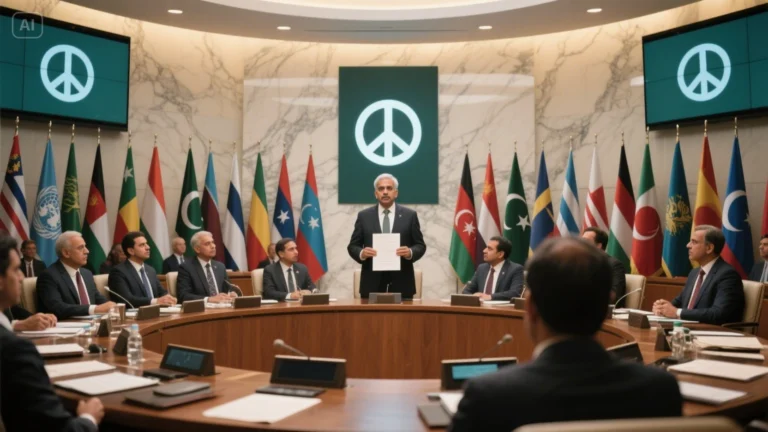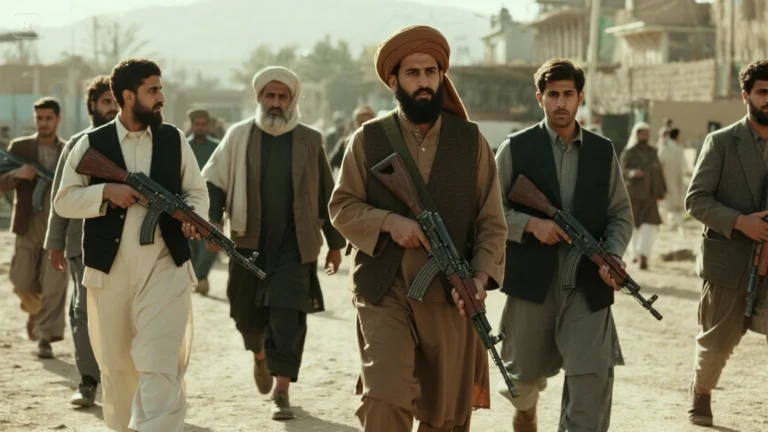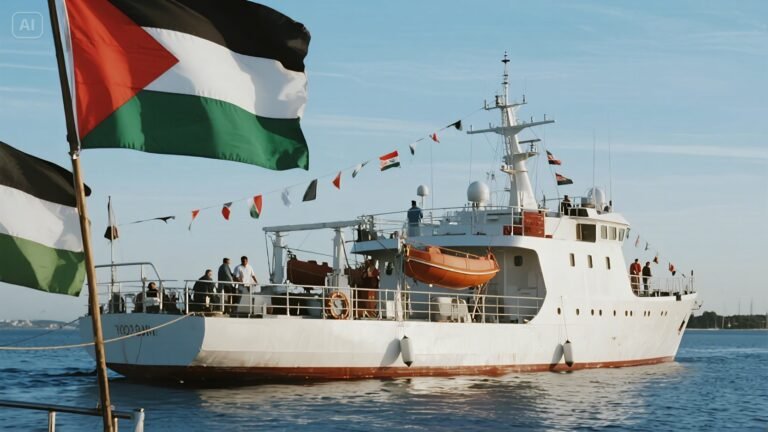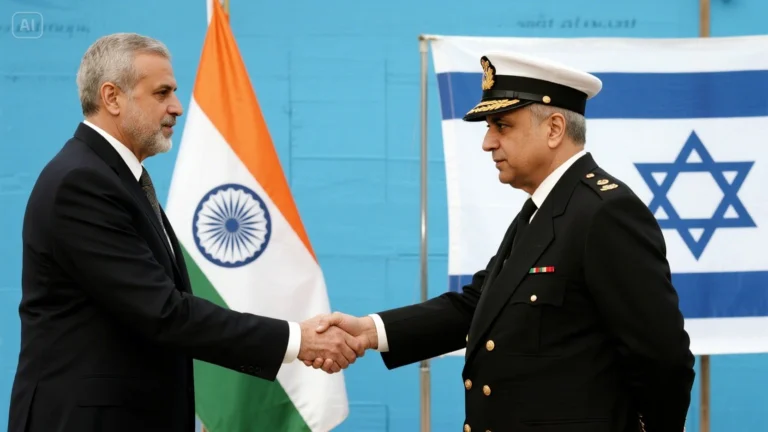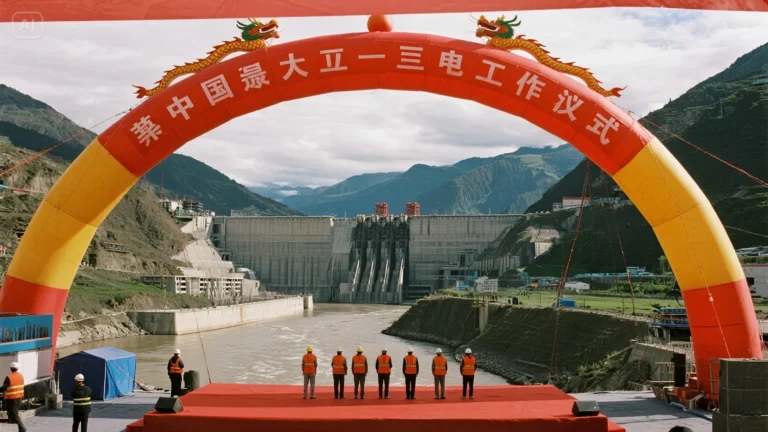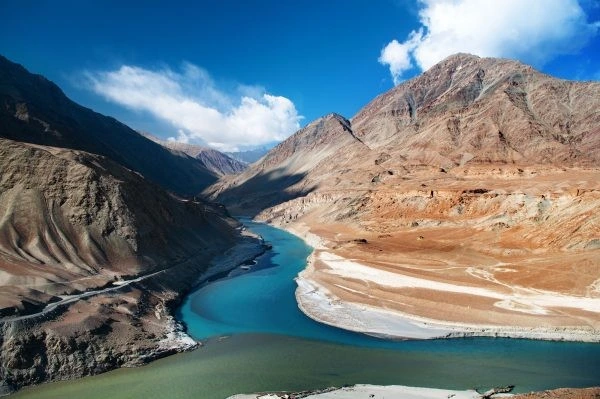The Temptation of Terrorism
 One Nation Voice, One Nation Voice News ,One Nation Voice Article
One Nation Voice, One Nation Voice News ,One Nation Voice ArticleThe Temptation of Terrorism
Although Pakistan has made remarkable progress in the process of political and economic stability under the present leadership, the shadow of terrorism still looms on the path of the country to the attainment of lasting peace. Its current achievements are being recognized everywhere, and a lot of foreign observers are lauding the country on its new governance as well as structural reforms and regional diplomacy. Nevertheless, there is a nefarious influence both within and outside the borders of Pakistan, which is relentlessly trying to skew this development. The greatest among them is Indian government led by Modi who has continually been blamed of sponsoring terrorists in the Pakistani territory by secretly funding terrorist proxies.
Clear Progress, Constant Threats
Pakistan has shown a noticeable improvement in terms of economic stabilization and strengthening of democratic values. In the present government, international confidence in investors, infrastructure construction and embassies have been revived. Sadly, this advancement appears to trigger those who will lose the power in the event of stable Pakistan. Enemies of peace are going to organized acts of terrorism to derail the developmental process of the country even more.
The fact in the recent week was an indication of the ongoing threat. On Tuesday Pakistan Army conducted a successful Intelligence-based operation in Sararogha, North Waziristan against the terrorist outfit Fitna-ul-Khawarij. This operation led to 11 terrorists being killed and some hideouts destroyed. The downside of this triumph was the loss of lives of Major Qasim and Lance Naik Irfan who were martyrs on duty; having given the lives of their own to preserve a nation.
Mir Ali: A Cowardly Retaliation
Just a few days later, the same group of terrorists resorted to a brazen act of revenge by conducting a cowardice suicide bomb attack on security personnel of Pakistan in a convoy in the Mir Ali area of North Waziristan. It was reported by the Inter-Services Public Relations (ISPR) that the attacker tried to ram the convoy with an explosives-packed vehicle. This is because the soldiers in the front vehicle managed to prevent a big disaster. But again, during a second move a different car was crashed into one of the vehicles of the forces causing the martyrdom of 13 courageous soldiers. Besides, 3 civilians were critically injured, 2 children, and a woman among them.
Pakistan Army retaliated immediately by creating a clearance operation in that region. In a furious gun fire, fourteen additional terrorists were killed confirming the determination and effectiveness of the members of the armed forces to take the terrorist threat by its horns.
A Unified National Resolve
After the tragic occurrences there was a united response by the civil and the military leaders of Pakistan. The President, Prime Minister and the Army Chief General Syed Asim Munir have expressed their resolve in eliminating terrorism once and for all. Prior to the Mir Ali incident, General Munir, in his speech, at a passing-out-parade of the Pakistan Navy, Karachi, had stated that Pakistan was on the verge of winning its war against terrorism. He did not pull punches when he criticized the destabilization role played by India in the region.
He said, India is deliberately causing tension. In case of another attack, we will not take time in retaliation. The challenge of the sovereignty of the enemy can be harmful to the region.
It was in his words that the keyword is that the road to peace in South Asia lies in finding a solution to the Kashmir issue. Until the Kashmir conflict can finally be resolved, Indian politics will still use turned towards political advantage whenever it wishes, whether it is in the name of nationalism or militarism.
The Indian Agenda
Pakistan Army has continued to offer very solid proofs on account of Indian involvement in terrorism on their territories. The group that has carried out the recent attacks is known as Fitna-ul-Khawarij, which is under Indian patronage. Communications and materials that connect these terrorists to Indian handlers have been intercepted by the intelligence agencies and confiscated. Nevertheless, even as strong evidence continues to build up, there has been little condemnation of this internationally.
Pakistan should make it a point to highlight this issue on international forums. Confessions by picked up militants and recovery of communications and other intelligence should be made more conspicuous so that the entire world can see state sponsored terrorism by India. In this way, Pakistan has an opportunity to not only attract a global reaction to such aggressions but also instigate sanctions and sanctioning procedures against the Modi government.
The Human Cost and Deeper Roots
In as much as Pakistan is engaged in combating the effects of terrorism, there is a dire need to be combated at the source level. The question is still open; why do a person voluntarily make his or herself a suicide bomber? Such people are not born with this hatred; they are moulded by the unhealthy combination of indoctrination, poverty, despair and control. Others are brainwashed or given false ideologies, bribed into believing the reward awaiting them is heaven or threatened with harm on their families if they do anything against the violence.
Pakistan needs to increase investment in counter-radicalization so that it can end terrorism once and for all. The problem of the radicalization of young people can be prevented by means of educational changes, economic support in risky regions, psychological help, as well as media literacy. Re-integration of ex-militants and intelligence-led policing will help in a long way to predict outbreaks of threats even before they can be executed.
The Road Ahead
Pakistan is at a sharp point. It is on the one hand gaining global respect with the advancement it has attained and on the other subjected to a consistent threat of state sponsored terrorism that is out to wreck their development. However, the Pakistan Army’s resolve, and the solidarity of the leadership is a strong statement: the country is not going to submit.
The efforts by the martyr soldiers and the fortitude of the civilian people reminds every one of the costs of freedom. Pakistan will have to become a just, inclusive, and resilient country, and it needs to fight an internal war of achieving this objective, which does not allow terrorism to take roots. The win in this war will not only be attained in the destruction of armed groups but also in the fact that this ideology of hate and violence never returns to Pakistan again.

